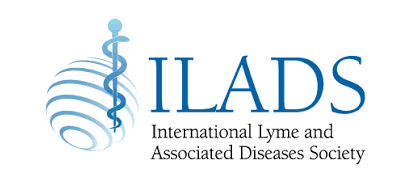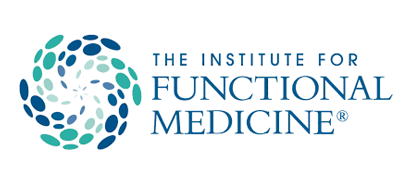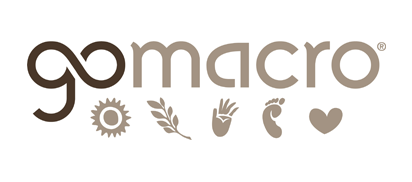🌟 New VIP Wellness Packages Are Here! 🌟
Take your health to the next level with our exclusive VIP offerings, available now through 2026:
• Wellness Supplement Saver
• Wellness Starter
• Integrative Cardiovascular Plan
• Cancer Recovery/Detox Wellness Plans
• Wellness Intensive
• Joint Rebuild Wellness Packages with Peptides
Your personalized path to optimal wellness starts today!
Expert Female Hormone Testing
Memphis, TN
Doctor of Naturopathy and Master Herbalist
Functional Medicine and RGCC-Accredited
Virtual Consultations via Zoom
Hours:
Comprehensive Female Hormone Testing
At Integrative Wellness & Research Center, Inc., we’re committed to providing advanced female hormone testing to help you achieve optimal health and balance. Hormonal fluctuations and imbalances can significantly impact a woman’s physical, emotional, and reproductive health. Our team specializes in identifying subtle hormonal changes that may be affecting your well-being. Here are some signs that you may benefit from female hormone testing:
- Unexplained fatigue or low energy
- Mood swings, anxiety, or irritability
- Weight gain or difficulty losing weight
- Sleep disturbances
- Low libido
- Irregular or painful menstrual cycles
- PMS or severe premenstrual symptoms
- Hair thinning or hair loss
- Hot flashes or night sweats
- Fertility challenges
If you’re experiencing any of these symptoms, it may be time to consider female hormone testing.
Contact Integrative Wellness & Research Center to take the first step toward restoring balance. Our holistic approach ensures personalized care designed around your unique hormonal profile.
The Importance of Female Hormone Testing
Female hormone testing plays a vital role in understanding and addressing concerns related to reproductive health, metabolism, mood, and overall wellness. Hormones such as estrogen, progesterone, testosterone, cortisol, and thyroid hormones work together to maintain balance throughout every stage of life. Here’s why female hormone testing may be beneficial:
- Identify underlying causes of chronic symptoms
- Evaluate irregular cycles or hormonal imbalances
- Support fertility and reproductive planning
- Manage symptoms of perimenopause and menopause
- Address PCOS or other endocrine concerns
- Improve mood, mental clarity, and emotional stability
- Support healthy metabolism and weight management
- Create personalized treatment strategies
Our experienced team will review your results thoroughly and develop a customized wellness plan to help restore optimal hormone function and improve your quality of life.
Advantages of Choosing Our Center
When you choose Integrative Wellness & Research Center for your female hormone testing, you receive compassionate, patient-focused care backed by expertise and advanced testing methods. Benefits of working with us include:
- Guidance from a Doctor of Naturopathy and Master Herbalist
- Access to RGCC-accredited testing methods
- Convenient virtual consultations
- Prompt appointment scheduling
- On-site medical shop with supplement price matching
- Individualized treatment plans
- Affiliation with leading medical associations
- Family and locally owned practice
We focus on addressing the root cause of hormonal imbalances rather than simply managing symptoms.
Schedule Your Female Hormone Testing
Your journey toward hormonal balance and renewed vitality starts here. At Integrative Wellness & Research Center, we provide comprehensive female hormone testing and personalized care tailored to every stage of a woman’s life.
With over three decades of experience, our team is dedicated to helping you restore balance, improve symptoms, and feel your best. Don’t let hormonal imbalances affect your quality of life any longer — reach out to us today to schedule your female hormone testing and take the first step toward lasting wellness.
- Bullet text
- Bullet text
- Bullet text
- Bullet text
- Bullet text
- Bullet text
- Bullet text
- Bullet text
- Bullet text
- Bullet text
Title or Question
Describe the item or answer the question so that site visitors who are interested get more information. You can emphasize this text with bullets, italics or bold, and add links.Title or Question
Describe the item or answer the question so that site visitors who are interested get more information. You can emphasize this text with bullets, italics or bold, and add links.Title or Question
Describe the item or answer the question so that site visitors who are interested get more information. You can emphasize this text with bullets, italics or bold, and add links.
We price match or beat competitors by up to 5% on supplements sold in our shop.
Not valid with any other offers or promotions. Restrictions apply.
Must mention this coupon at the time of scheduling.
Visit Us
Reviews
Virtual Consultations Available
Get expert holistic care planning from the comfort of your home. Our Zoom consultations make wellness accessible and convenient.
Request your consultation today!
Request Consultation














